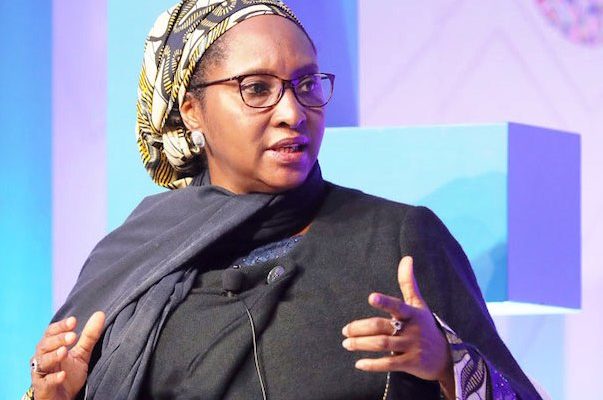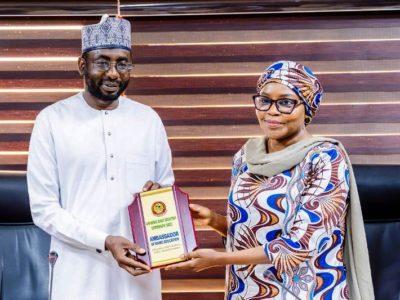“There is no record of poor homes, people, locations, and poor whatever. We have asked the Ministry of Finance, Ministry of Humanitarian Affairs, Disaster Management and Social Development; and contiguous ministries to give us proof of records whether analogue or digital, just to demonstrate a sense of sincerity. But they don’t have. ”
Stakeholders across sectors have expressed misgivings over the ability of the federal government to use digital IDs for the World Bank $800m subsidy funds.
RELATED: Firm demands World Bank adopt digital IDs to disburse $800m subsidy funds
President Muhammadu Buhari has requested for the approval of the National Assembly in respect of a World Bank loan of $800 million.
Loan to cushion effects of removal of petrol subsidy
According to the government, the loan, intended to cushion the effects of the planned removal of petrol subsidy, will be distributed, “N5, 000 per month to 10.2 million, poor and low-income households for a period of six months with a multiplier effect on about 60 million individuals.”
Senate President Ahmad Lawan quoting President Buhari letter to the Senate noted: “In order to guarantee the credibility of the process, digital transfers will be made directly to beneficiaries’ account [sic] and mobile wallets.”
But stakeholders want the National Assembly to turn the request down alleging that government lacks both the willpower and sincerity to carry through with the intended objectives.
No history of digital record-keeping
They argued that government has not shown that it has any semblance of practicable digital record-keeping of any digital ID; an electronic representation of personally identifying information that could be used to verify the identity of any person, in this case, the touted figure of “10.2 million, poor and low-income households.”
Besides, according to them, it was already late in the day for the government with only less than a week to hand over power to a new administration to be seeking to borrow more money, having not been able to account for past borrowings; and having no track record of leveraging technology to demonstrate transparency and openness in similar past exercises.
“The request is absurd and looks too much like an indefensible desperation to use poor people to enrich few government officials. Every paragraph in that request does not pass probity test,” one expert, an economist, told IT Edge News.Africa in Abuja.
“There is absolutely no record of poor people with this government. There is no record of poor homes, people, locations, and poor whatever. We have asked the Ministry of Finance, Ministry of Humanitarian Affairs, Disaster Management and Social Development; and contiguous ministries to give us proof of records whether analogue or digital, just to demonstrate a sense of sincerity. But they don’t have. This is high-stake charade and everyone with genuine love for Nigeria knows,” said an angry Kano based Ismail Lawal, data analyst with office in Abuja.
Digitally validated addresses identification as a pre-condition
Last month, the Grassroots Addressing and Identity Management Systems (G-AIMS) asked the World Bank to adopt digitally validated addresses identification for the disbursement of the $800m loan subsidy palliative for Nigeria.
The G-AIMS warned the World Bank to avoid the controversies associated with the 2016 disbursement of World Bank’s $500m International Development Association grant which was adjudged by critics to be shoddy in execution lacking transparency due to high integrity deficiencies associated with the National Social Register of poor and vulnerable Nigerians as implemented under the National Social Investment Programme (NSIP).
“It is the same poor record they want to use to distribute this $800 million to ‘ghosts,’ a member of the Nigeria Computer Society (NCS) said in a phone conversation describing the exercise as “final mission to put more financial burdens on Nigerians, ‘pooh-pooh’ on accountability with a devil may care attitude.”
The G-AIMS, on its own, is insisting that the the adoption of Addressing and Identity Technology (AIT) should be a pre-condition for the implementation of the $800m loan.





























